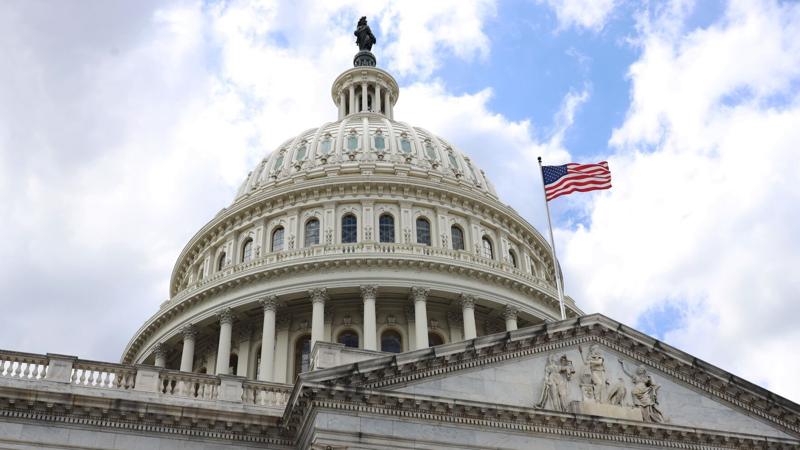Consumers will bear the cost of President-elect Donald Trump’s proposed tariffs and the higher taxes on imported goods could boost inflation and reduce economic output, according to two credit-rating agencies.
Moody’s and S&P Global each issued advisories after Trump beat Vice President Kamala Harris in last week’s election. With Republicans set to control the U.S. Senate and possibly the U.S. House, Trump could get his agenda through Congress. Even without support from Congress, Trump could use his executive powers to reshape the world’s economic outlook, according to the reports.
S&P reported that Trump’s proposed tariffs – a 10% across the board hike and up to 60% for China – could boost inflation by 1.8% and lower U.S. economic output by 1%, according to a post-election report.
The S&P report predicted inflation in the short term “with companies facing higher input costs (which they’d pass through to the degree they can) and consumers paying more for finished goods.”
The report also suggested a medium-term drag on the U.S. Gross Domestic Product, a measure of economic output. According to the report, this could translate into income loss for U.S. households and loss of exports from trade retaliation.
However, both reports noted that Trump’s campaign promises on tariffs might not happen or might prove to be starting points for new trade agreements with other countries.
“Tariffs of this magnitude are likely political bluster or possibly a negotiating stance with U.S. trading partners,” according to the Moody’s report.
S&P said: “Campaign rhetoric doesn’t always translate into policy.”
That said, Moody’s suggested tariffs could double from about 3% to about 6%. That’s up from about 1% before Trump raised tariffs during his first term.
“U.S. consumers will bear the bulk of the cost of higher tariffs via higher prices for imported goods,” according to the report. “… A lesson from the tariffs imposed during Trump’s first term is that they will be messy to implement as exceptions are made for certain products and countries over certain periods of time due to national security or other business reasons.”






